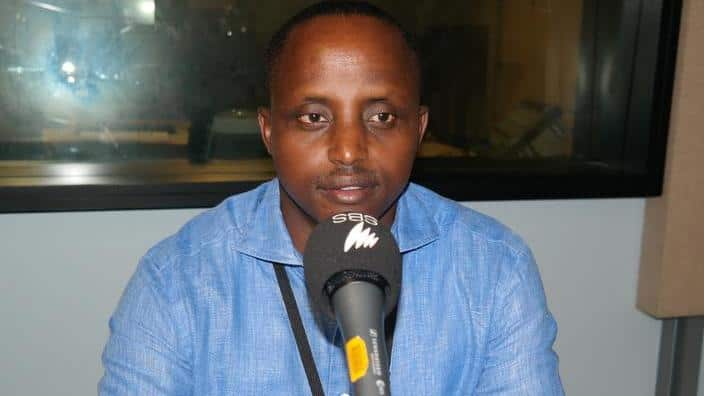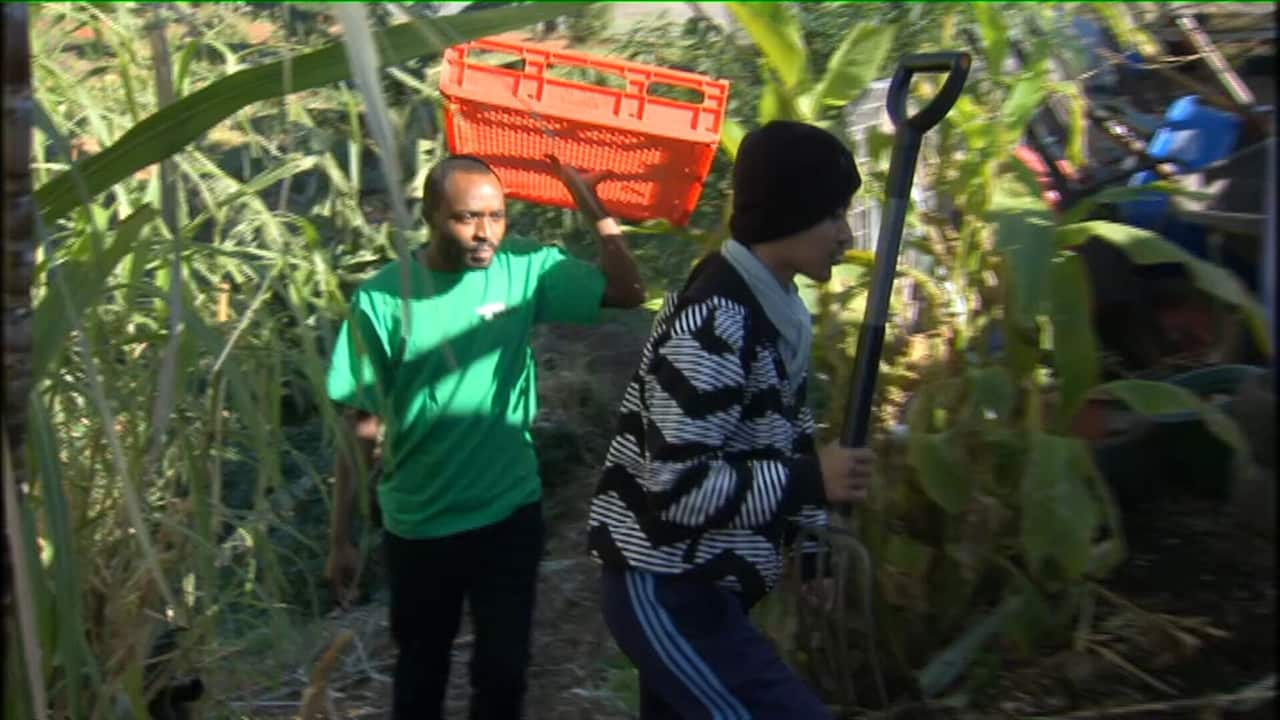Benitha Rubagumya from Rwanda lived in Sydney where she found life very "Stressful" before moving to Casterton, Victoria with her family. She works as a personal care worker and has enthusiastically embraced the regional lifestyle.
She says Casterton has given her plenty of opportunities that were not available in Sydney including plenty of job offers and better career prospect but says her ultimate satisfaction comes from the lifestyle.
“The whole balance of life and the connection to the community, I think for me that is what matters most and I can advance my career and I can achieve a lot more than in a big city,” she says
“You can actually study Bachelor of Nursing and while working at the hospital at the same time, that is an example of something you can find in the regional area but can’t find in the big cities.”
Both state and federal governments have in the past few years introduced programs and legislation encouraging new immigrants to move to regional Australia as part of addressing congestion in the big cities while at same time providing much-needed workforce in the regional areas.
The federal government has introduced 23,000 extra-regional visa spots which allow skilled workers to apply for permanent residency if they live and work in regional areas for three years, in an effort to entice migrants from cities.
While some migrants have moved to regional towns as part of visa requirement others have made a willing decision to test the small-town lifestyle and there are community groups and organisation assisting them with their move.
Regional Opportunities Australia (ROA) is such an organisation who works with communities, businesses and local councils to facilitate the process of resettlement.
Emmanuel Musoni, Chief Operating Officer, says they assisted more than 130 migrants to move to regional areas and helped them find jobs and accommodations. “We support them to get jobs and housing, we coordinate with services on the ground whether its business or companies to facilitate that process of getting a job and getting a house,” he says.
“We support them to get jobs and housing, we coordinate with services on the ground whether its business or companies to facilitate that process of getting a job and getting a house,” he says.

Regional Opportunities Australia, Chief Operating Officer, Emmanuel Musoni Image Source: SBS Source: SBS African Program
“Anyone with work rights we assist them to relocate them in regional areas if they choose to do so.”
Mr Musoni says regional Australia does present a “wonderful” and “interesting” opportunities for both migrants and the regional communities with employers getting workers and migrants getting jobs.
“We want also to assist regional communities that face a shortage of labour, shortage of employment and we want also to bring those migrants to those regional areas where there is high demand of labour so we can match these two so there is economic prosperity in those areas,” he says.
“Most of them employ people from overseas which is very expensive.”
Mr Musoni from ROA says lack of available settlement services in regional areas also led to Australian humanitarian intake ending up in the major cities where those new migrants could perfectly fit into the country lifestyle because of their rural background.
“Back in their countries, some of them lived in rural and regional life before they come to Australia. Others are brought here by a humanitarian program which settles them in cities because of settlement services availability,” he says.
“Those people could have settled in the regional area if they where such information, whether they can get a job or whether they can be able to be assisted to move to regional areas and that is what we are doing.” ROA's program aims to assist migrants and ordinary workers in capital cities to spend less time stuck in traffic, while helping struggling rural and regional communities inject life into their towns.
ROA's program aims to assist migrants and ordinary workers in capital cities to spend less time stuck in traffic, while helping struggling rural and regional communities inject life into their towns.

Migrant workers in regional Australia. Source: SBS News
Mr Musoni from ROA says the regional communities are more welcoming than city-based counterparts.
“How often do you get someone in the city to say hi when you pass them on the street? You meet someone, (regional folk) they say, 'Hi, how are you,?' They are so welcoming,” he says.
Ms Rubagumya agrees.
“They are very keen to learn about all different cultures,” she says.
